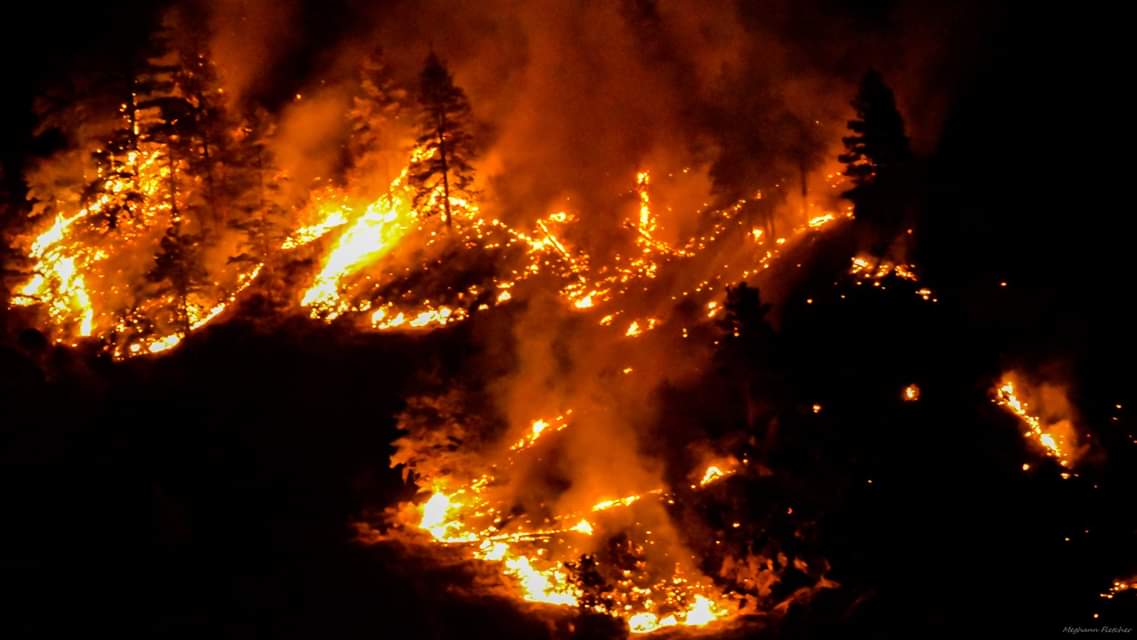The B.C. government is considering an overhaul of its emergency management laws, in the wake of a series of record-breaking fire and flood seasons.

Public Safety Minister Mike Farnworth said since the Emergency Program Act was introduced 26 years ago, both the size and scope of emergencies has grown, while the rules need to be updated to reflect both climate change and the UN’s Sendai Framework for disaster risk reduction.
He said that lesson was made particularly clear after severe back-to-back wildfire and flood seasons in 2017 and 2018 forced tens of thousands of people from their homes and cut off numerous rural communities and First Nations.
“We need to lead the province in a direction that addresses current challenges and prepares us for the future. We need a emergency management system that does more than react.”
The province has opened public consultations on the Act to emergency management workers, First Nation and community leaders, non-profit groups and the general public.

The province says its proposed direction for modernization would include all stages of emergency management, including mitigation, preparedness, response and recovery.

Get breaking National news
It would include a shift away from disaster response towards managing and reducing risk, in which the public, governments, communities and both private and non-profit sectors would share responsibility for managing emergencies.
It would also seek further reconciliation with First Nations by recognizing them as emergency management partners.
Chief Don Tom, vice-president of the Union of B.C. Indian Chiefs, said giving First Nations an equal voice at the table in drafting the legislation is an opportunity for the province to show its commitment to the U.N. Declaration on the Rights of Indigenous people that B.C. introduced last week.
“First Nations have been severely affected by floods, wildfires, landslides and other emergency events,” Tom said. “We are in a state of climate emergency and as water temperatures rise, weather patterns shift and glaciers melt, the risk of wildfires and flooding has increased.

“Emergency events threaten First Nations’ traditional food security and community health, and Indigenous rights must be a priority in the legislation that guides response and recover from those events.”
The updated legislation would also include input from the independent Abbot-Chapman report into the 2017 wildfire and flood season, a report by the Tsilhqot’in National Government on the 2017 wildfires, and various after-action reports produced in the wake of disasters.
The Abbot-Chapman report found federal, provincial and local governments were under-prepared for major emergencies and made 108 recommendations amounting to “a substantial departure from existing practices around the handling of flood, debris flows and wildfires in our province.”
The province has published a discussion paper on the proposed changes, which can be viewed here.
The public can also submit feedback at that link until 4 p.m. on Jan. 31, 2020.







Comments